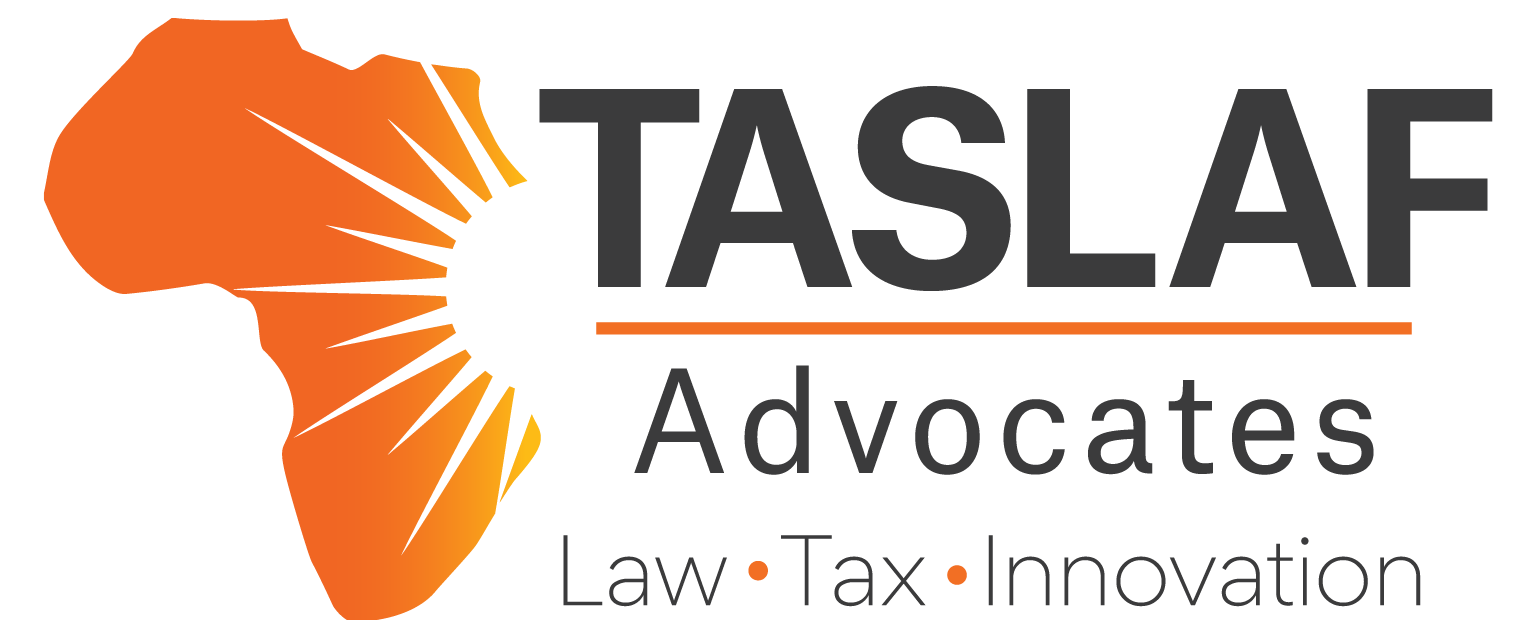In addition, the revenue authorities still require compliance by tax payers with obligations as set out in the law. The Uganda Revenue Authority has released business continuity measures but the government of Uganda is yet to provide any measures intended to deal with the immediate after-effects of COVID19 on the economy.
Equally, the government of Uganda has yet to release any specific employment-related legislative changes to deal with the effects of the pandemic.
We address the key considerations and frequently asked questions as organizations respond to the continuing effects of this global pandemic.
Can Employers reduce or withhold pay?
In accordance with section 41 and 43 of the Employment Act, an employee is entitled to wages and must be paid in full. The Employment Act provides that an employee who has completed at least three-months continuous service and is absent from work for reasons attributable to the occurrence of exceptional events preventing the employee from reaching his or her place of work or from working is entitled to receive wages as though he or she had not been absent from work and had fully performed his or her duties under his or her contract of service. The employee’s wages are not to be subjected to deduction, by reason of the absence. The Act does not limit how long this should continue.
However, the act permits deductions from an employee’s salary where the employee agrees in writing to the deductions being made. Most employees would understand that in these difficult circumstances, they would rather take reduced pay than be terminated with notice.
What options are available to an employer whose grant or project has ended?
Once an employer’s grant or project ends or the normal course of business is halted, there will arise a lack of funds. This would mean that an organization/company would be financially constrained, hence unable to pay its employees for a period of time especially during a lockdown where the business would not operate normally. Majority of employers will be left with no choice but to reconsider their contractual obligations with their employees. Below are some of the options available:
Granting of unpaid leave.
It is important in such times for employers to act with a human face. This could be done by offering employees unpaid leave. There must be consent between both parties for this to legally work. With the worldwide pandemic, economies have been paralyzed and lack of funds is understandable. No reasonable employee would refuse such an option in the circumstances. During such a period the employment contract is still in existence and valid only that obligations of the employer to provide work and pay the employee are suspended. In our considered opinion this option is way cheaper than termination especially when there is hope of resuming business normally.
Temporarily laying off employees.
This happens when an employer postpones an employee’s contract for a period of time. It is important that such time is defined because if it is not then such could be interpreted as a termination. We note that the procedure for this option is not provided for under the employment laws of Uganda as much as the action seems to be envisaged under section 84 of the Employment Act.
In the premises, we recommend that a written agreement is entered into between the employer and employee specifying the terms such as an employer’s obligation to pay and the duration of the temporary layoff. This helps to prevent the interpretation of the action as a termination. This, therefore, means that consent of the employee is a pre-requisite for a temporary lay off to occur.
Termination.
In the event that an employee refuses to accept the above-outlined options, the employer has no option but to explore this last option.
The employer can legally terminate a contract on notice. This can be justified with reasons such as economic crisis, redundancy, structural changes etc. It is important to note that when such terminations are made, then the employer must pay all dues that an employee is entitled to under the Employment Act such as payment for leave days requested but not granted, any outstanding salaries etc. Such benefits can only be determined on a case by case basis.
We hasten to note that an employer may be required to prove reasons for termination such as redundancy including economic and financial difficulty and proof of efforts to mitigate the reduction/termination of staff. Failure to prove so could be deemed unfair termination.
Termination with notice.
An employee is entitled to notice before their contract of service is terminated by an employer. The length of notice an employee is entitled to will depend in the first place on their contract of employment.
The Employment Act sets out a minimum notice period required to be given by an employer which is; not less than 2 weeks where the employee has been employed for more than six months but less than 1 year, not less than one month where the employee has been employed for more than twelve months but less than five years, not less than 2 months where the employee has been employed for more than 5 years but less than 10 years and not less than three months where the service is ten years and more.
Termination must always be done with the respective notice and in the event that the notice period cannot be adhered to, the employer must pay the employee’s wages in lieu of the notice. Once a decision has been taken to terminate an employee, an employer must ensure that they pay to the employee their entitlements under the Employment Act. The employees will be entitled to accrued salary, payment for accrued leave asked and not granted, payment in lieu of notice in case the company does not intend for the employees to continue working during the notice period, and in some cases severance pay may also apply.
Filing Returns with the Ministry of Gender, Labor & Social Development
On March 30 2020, the ministry of Gender and Social Development issued a special announcement to all employers in Uganda to file returns. This is premised on section 19 of the Employment Act 2006. The commissioner in the Ministry responsible for labour is given authority to demand for such returns. This, therefore, imputes an obligation on the employer to provide such returns in accordance with the law.
Following the efforts to establish the negative effects of Covid-19 pandemic on employment in Uganda, the commissioner has invoked his power under that section to ask employers to provide returns on all employees who have been or are likely to be affected by Covid-19.
The returns requested are to include;
- Name of the employee
- Position/designation of the employee
- The monthly salary of the employee
- Employees national Identity Number.
After this information has been compiled, then it can be sent through email clirp@mglsd.go.ug or to the office of the Commissioner of Labor. We note that although the Employment Act does not give the time frame within which they should respond, they should respond within reasonable time since it’s a legal obligation.
Continuous Obligation to comply with Employment Law
The current legal position with regards to employment in Uganda has not changed from the standard position as the authorities have not yet made any changes to employment law to allow employers more flexibility in their approach to battling the Covid-19 crisis.
It is extremely important that records are kept of discussions and decisions which are taken by employers. Being able to demonstrate the steps that were taken, and their justifications will be essential in any subsequent court cases which may be brought by employees. It is also important during this time to keep communication open with staff where possible.
We continue to advise employers to engage their legal counsel prior to any decisions that have an effect on employees so as to avoid drastic legal consequences in the near future.
Tax Considerations
In recognition of the current situation regarding the impact of COVID-19 on the business community and URA services, URA has issued guidelines to assist businesses to continue meeting their tax obligations at their convenience while adhering to guidelines issued by H.E The President of the Republic of Uganda and the ministry of health to prevent the spread of the virus.
URA has granted tax reliefs to the business communities as companies have been granted more time to file tax returns. In addition, provisions have been made for the waiver of penalties for late submission. We highlight the key measures below;
Filing Returns
1.1 Annual Income Tax Returns.
Final Income returns are filed within six months after the end of the financial year and the provisional returns are filed within the first six months of the Financial Year( tax year). Taxpayers whose tax accounting date is September have to file their taxes by the 31 march of the next year, However, if they are unable to file their corporation tax by the 31st March 2020, URA has extended the due date for filing to 30th May 2020.
2.1 Monthly Tax Returns.
Taxpayers whose returns for March, 2020 are due by the 15th of April 2020 and are unable to file have been granted an extension to file. The new due date for filing is 30th April 2020.This is in relation to the following tax types;
- Value Added Tax (VAT)
- Pay As You Earn (PAYE)
- Withholding Tax
- Taxes under the Lotteries and Gaming Act
Penalties for late filing of tax returns for February, that were due by 15th March, 2020, would be waived if the returns were filed by the 31st March 2020.This in relation to the following tax types
- Value Added Tax (VAT).
- Pay As You Earn (PAYE)
- Withholding Tax
- Taxes under the Lotteries and Gaming Act
Payment of Taxes in Instalments
Taxpayers who executed memorandum of understanding (MOU) and who have payments due in March and April will have the option to defer the payments and reschedule these payments.
The terms of the MOU will be restructured for the payments to be made in May 2020. This applies to business that have been affected by the Government directives on COVID-19 and who are unable to meet their obligations on time during this period.
Taxpayers should, however, note that this not a write-off or a waiver, the outstanding taxes would have to be paid in full in accordance with the provisions of the law.
Voluntary Disclosure
A Taxpayer who makes a voluntary disclosure during the months of March & April and pays the outstanding Principal tax therein shall have their penalties and interest remitted in accordance with the Law.
Boarder Stations
All Boarder Stations remain open to facilitate movement of cargo subject to custom laws and guidelines.
Custom warehouses
All custom warehouses will remain functional to allow clearance of cargo subject to custom laws and guidelines.
Use of online Services
The use of URA online portal is still functional for services like registration and filing of taxes
Key aspects to note
URA is unclear on how the penalties and interest for late filing will be dealt with. According to the notice it is either the system will not compute these as the system generates these automatically or the taxpayer will have to apply for these to be reversed once they are imposed. We advise Clients to file returns on time if they can to avoid the uncertainties. The URA E-services are still functional.
There is a window for those who have not been compliant to have a tax health check and voluntarily disclose their outstanding liabilities during these periods. All penalties and interest that would have accrued on the principal taxes will be waived. This has an effect of reducing the taxpayer’s burden on the total liability due to the authority.
Taxpayers should however note that there has been no write-off or a waiver of the outstanding taxes, or reduction in the taxes that have to be paid. All taxes will be paid in full in accordance with the provision of the law.





